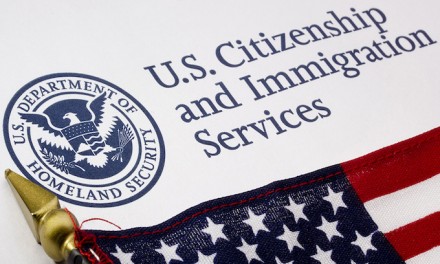Seven years after it was exposed by former National Security Agency contractor Edward Snowden, a federal appeals court has ruled that the NSA’s bulk collection of phone metadata was illegal and unnecessary.
Once again, Americans are reminded that government will too often trample over our rights in the name of security when it is neither just nor necessary to do so.
A three-judge panel of the United States Court of Appeals for the 9th Circuit ruled on Sept. 2 that “the metadata collection exceeded the scope of Congress’s authorization … which required the government to make a showing of relevance to a particular authorized investigation before collecting the records …”
Further, the court concluded that “the government may have violated the Fourth Amendment and did violate the Foreign Intelligence Surveillance Act (‘FISA’) when it collected the telephony metadata of millions of Americans.”
The case at hand involved appeals from four Somali immigrants who were convicted for “sending, or conspiring to send, $10,900 to Somalia to support a foreign terrorist organization.”
Notably, the panel, having condemned the metadata collection program, affirmed the convictions, since lawful wiretaps gave the government more than enough information to go after the individuals.
Evidence collected by way of the metadata program wasn’t essential to the case.
“Seven years ago, as the news declared I was being charged as a criminal for speaking the truth, I never imagined that I would live to see our courts condemn the NSA’s activities as unlawful and in the same ruling credit me for exposing them,” tweeted Edward Snowden in response to the ruling. “And yet that day has arrived.”
The ruling comes not long after President Trump mentioned he was considering pardoning Snowden. Snowden broke the law, sure, but he did so in the interests of revealing to the American people the extent to which government was willing to go to spy on them. He deserves a pardon.
The NSA, Snowden revealed, was all too willing to stretch the limits of its authority and even the Constitution to collect sweeping amounts of information on Americans through a litany of programs.
The Fourth Amendment is clear: “The right of the people to be secure in their persons, houses, papers, and effects, against unreasonable searches and seizures, shall not be violated, and no warrants shall issue, but upon probable cause, supported by oath or affirmation, and particularly describing the place to be searched, and the persons or things to be seized.”
Just because technology has advanced considerably since the day those words were first written doesn’t mean they don’t hold true today.
While Americans can all understand why government agencies would want broad access to electronic information, that doesn’t mean government can or should be able to access it without constraints.
Constraints on government power exist for a reason.
___
(c)2020 The Orange County Register (Santa Ana, Calif.)
Visit The Orange County Register (Santa Ana, Calif.) at www.ocregister.com
Distributed by Tribune Content Agency, LLC.
—-
This content is published through a licensing agreement with Acquire Media using its NewsEdge technology.



















Recent Comments